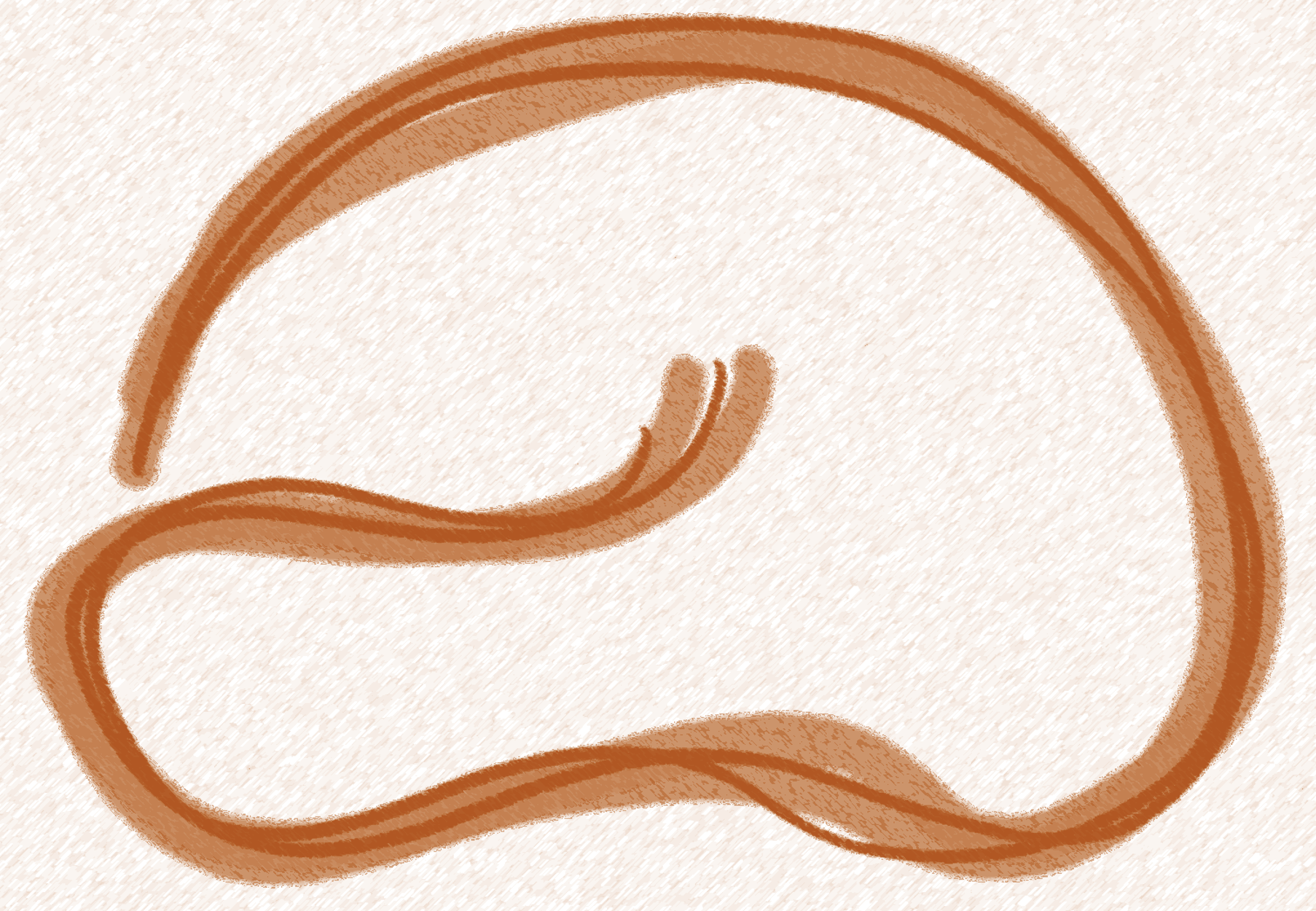Neurodegeneration: a flashlight for cognitive neuroscience¶
For centuries, neuropsychologists and behavioral neurologists have shed light onto the neural correlates of behavior and cognitive functions by linking neurological symptoms to brain lesions. Notwithstanding the advent of functional neuroimaging techniques and the analytical progress made over the last decades, the causal evidence provided by clinical data is still critical in cognitive neuroscience. In particular, neurodegenerative diseases present two key characteristics that allow unique brain-behaviour correlations. First, they can affect cortical (and subcortical) regions that are seldomly affected by strokes. Second, they progress gradually along structurally and functionally connected regions. Thus, specific clinical phenotypes can be identified and mapped onto distinct, functionally relevant, brain networks.
